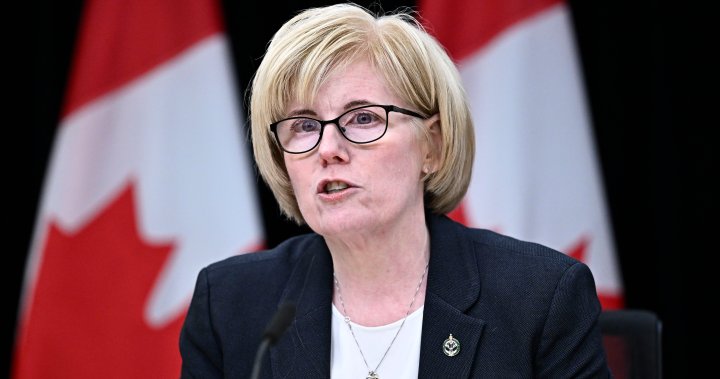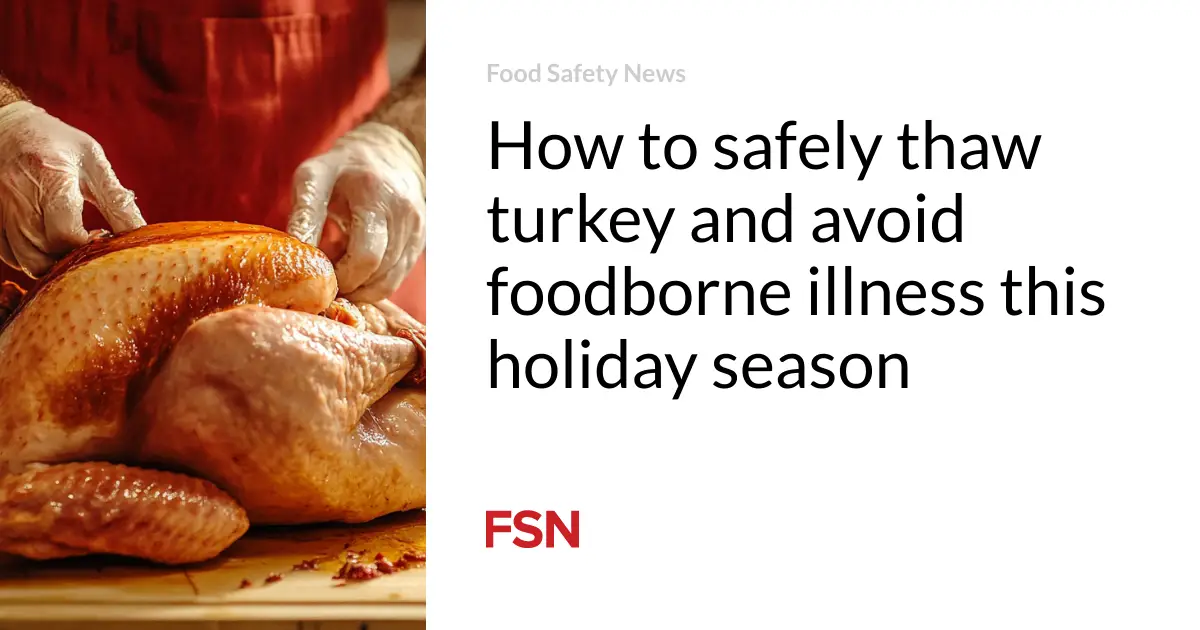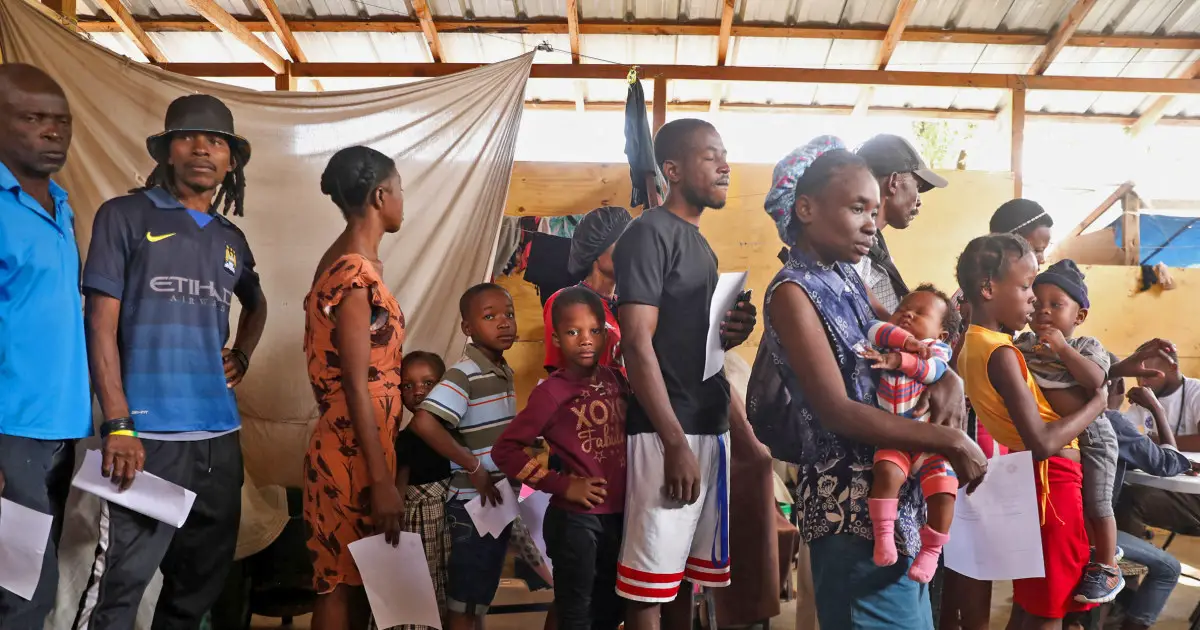
The escalation of gang violence in Haiti’s capital, Port-au-Prince, has prompted hospitals to close, caused a shortage of medical supplies and forced medical workers to suspend urgent assistance for Haitians.
At St. Damien Pediatric Hospital, doctors, nurses and other staff are worried about shootings and kidnappings that are taking place around the corner.
“Some of our hospital staff are scared and fear for their lives,” said Jennifer Rayno of Nuestros Pequeños Hermanos Haiti, which leads the fundraising effort for St. Damien.
Armed groups have also directly assaulted hospitals and specifically targeted medical personnel in St. Damien, which is located perilously close to the U.S. Embassy in Port-au-Prince, where armed groups aim their weapons at U.S. military attempting to fortify security and evacuate citizens.
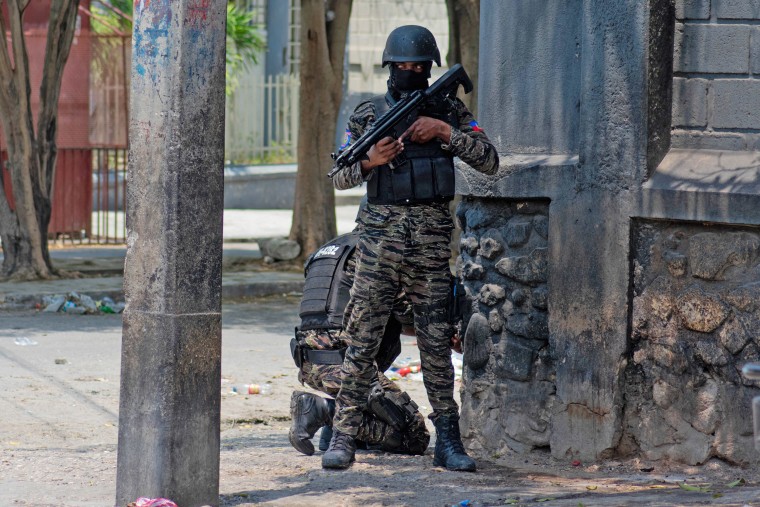
The hospital serves children battling cancer and other chronic illnesses in a population largely grappling with poverty. “We are the only center in the country that provides pediatric oncology care,” Rayno said.
The ongoing violence is worsening the already daunting task of providing critical medical care for residents in and around the Haitian capital, U.N. humanitarian officials told NBC News.
In recent weeks, armed groups raided two health care institutions, Delmas 18 Hospital and the Centre De Sante Saint Martin, and at least 10 pharmacies in the capital were looted.
Despite support from the World Health Organization — which has provided medicine, medical supplies and fuel — La Paix University Hospital is another medical center facing considerable strain, especially due to the closure of Port-au-Prince State Hospital last month, according to the Office for the Coordination of Humanitarian Affairs.
International humanitarian agencies are struggling to deliver aid, too. UNICEF reported the looting of one of its containers at Port-au-Prince‘s main port in March, a cargo that carried vital maternal, neonatal and children’s medical supplies, along with items crucial for early childhood development and education. In all, armed groups have taken over more than 260 containers with humanitarian aid at the port, severely impacting the delivery of essential goods.
Bruno Maes, UNICEF representative in Haiti, said the closure of health facilities due to security concerns has left only two functional surgical operating facilities in Port-au-Prince, creating significant challenges in providing medical care to the population, especially those wounded in the crossfire.
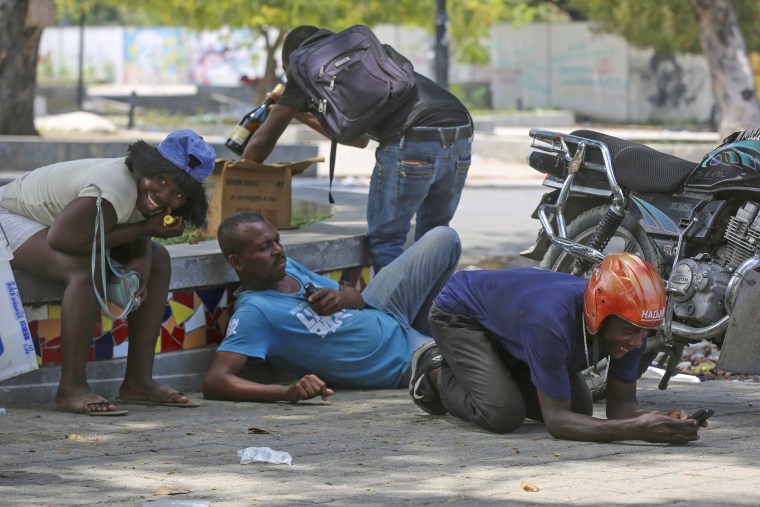
UNICEF aims to reach at least 650,000 children and women with primary health care services this year, emphasizing the need for flexible funding to protect vulnerable communities and build resilient systems for the future.
Hope for Haiti, a nonprofit that provides aid throughout the country, operates a clinic in Les Cayes, about 125 miles southwest from Port-au-Prince. Since the worsening of the crisis, Hope For Haiti’s southern clinic, which serves more than 15,000 patients annually, has experienced an influx as people have fled the capital city.
“Throughout southern Haiti, there is an alarming increase in the number of patients,” said Skyler Badenoch, CEO of Hope For Haiti. “One of the factors causing this is people migrating from Port-au-Prince to the southern part of the country.”
The group’s mobile clinics reach rural communities, but fuel has been hard to get, making it challenging for people to receive aid. “Fuel is one of the hardest things to get right now, with gangs controlling 80% of the country,” Badenoch said. “They’ve blocked off many ports, severely stymying the fuel supply.”
Fuel is not only a problem for the mobile clinics. St. Damien Hospital is also grappling with energy resources. “Haiti runs on a power grid system and needs fuel to keep the generators on,” said Rayno.



